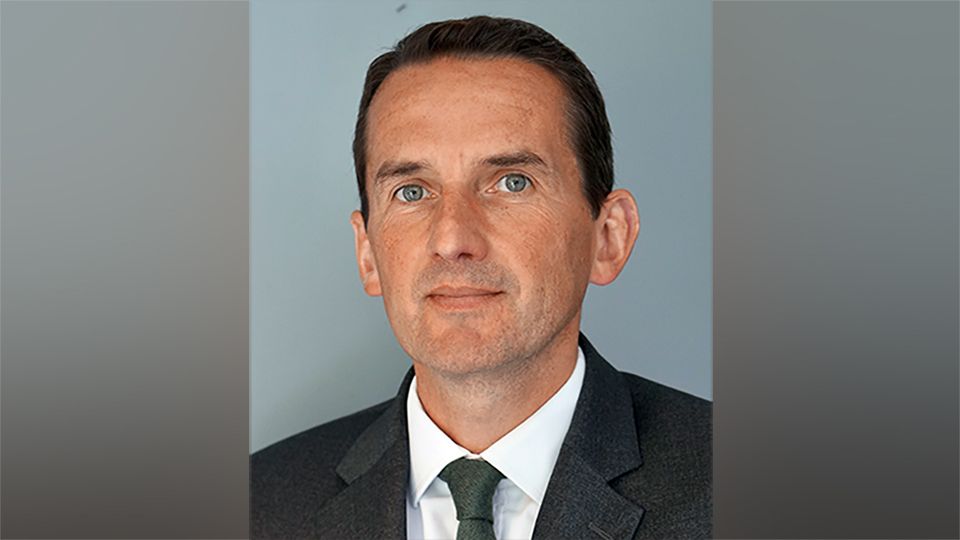Japan has released a draft code of conduct for ESG data providers, which it says should improve the quality of data, but one provider has hit back to say they are not to blame for poor corporate disclosures.
The draft Code of Conduct for ESG Evaluation and Data Providers issued by Japan’s Financial Services Agency aims to heighten transparency around ESG research firms’ data-gathering methodologies.
But it also seeks to give more power to the companies being assessed, allowing them to challenge researchers’ analysis. Critics say this will worsen data quality by pressuring ESG analysts to change their opinions to reflect better on companies.
Japan is not the only country looking at regulating ESG data providers – financial authorities in France and the Netherlands are also proposing a new regulatory framework for providers of sustainability-related services. Its aim is to “prevent misallocation of investments, greenwashing and ensuring investor protection.”
Similar to Japan’s plans, the rules would cover transparency of methodologies, conflicts of interest and “enhanced dialogue with companies subject to sustainability ratings”.
Conflicts of interest
Julia Tay, Asia-Pacific public policy leader at EY and a former regulator, believes the rules would have a positive impact overall.
“The overarching objective is to raise the quality of assessments and information given to investors to make decisions, but it will have two effects. One is to improve the quality and transparency of ESG rating agencies and the other is to improve the quality of data at source, which means companies would be involuntarily pushed to have better quality data,” she said.
Tay also said the conflicts of interest aspect is an important one, which should reduce unethical practices such as research firms providing consultancy services for a fee to the companies being evaluated.
“In the auditing industry, we are so regulated and we cannot do anything for a client if we are associated in a way that would breach independence rules, and that should also be applicable to service providers who are trying to inform investment decisions.”
Sarah Wilson is chief executive of Minerva Analytics, an ESG and stewardship service provider. She says data providers have become a “convenient scapegoat for criticism” when in fact there’s nothing wrong with ESG data, it’s just that companies don’t always like the conclusions analysts reach.
Allowing companies more influence over how they are rated creates a power imbalance between well-resourced issuers and junior analysts, who may bow to commercial pressure to change their ratings in companies’ favour.
“This is what happened with the credit rating agencies – you had research analysts having so much commercial pressure applied to them to change their opinion that it lost all credibility.” she said.
Wilson added that her firm has a long-standing position on issuer demand to change ratings and research, and has stuck to this in the face of demanding letters from lawyers and “days of harassment” from a major bank that didn’t like Minerva’s assessment of its Long-Term Incentive Plan.
Wilson argued Japan’s corporate disclosures are poor anyway, and this is not the fault of data providers. “Japan is a market where corporate disclosures are extraordinarily poor and I just do not accept that research analysts are to blame for Japanese company disclosures being so bad,” said Wilson.
“If Japan wants to do something to help shareholders, it should stop having all its AGMs on a couple of days in June. Why have they spent time and effort doing this instead of reforming the proxy plumbing and making sure annual reports have got properly tagged data which is available in plain English in a timely manner? That is the most important issue.”
There is a problem with data transparency in the marketplace, according to Hiroshi Amemiya, head of Japan at data provider ESG Book. “By establishing transparency as one of its core principles, this code of conduct is an important step towards fixing a major failure within the market,” he said.
“Too much data is held by providers using opaque, black box methodology, which is undermining trust in ESG and making it harder for investors to get the information they need to allocate capital to sustainable companies.” He added that his company has tried to tackle this by disclosing underlying data points that inform its products and scores for all users of its digital platform to see.
Lack of qualified analysts
Japan’s code of conduct also states ESG data providers must have enough qualified analysts, while simultaneously warning of a skills shortage. Wilson agreed there is a shortage of research analysts who understand ESG, but she pointed out that “no-one comes out of university ready to be an ESG analyst, we train our own.”
“Of course conflicts of interest, objectivity and quality matter. But we are not going to be forced in to revealing all our staff identities and salaries and educational qualifications to whole world because the critics of the industry will just say ‘you haven’t got enough people with PhDs in this or that’, which is irrelevant.”
Will Minerva Analytics sign up to the voluntary code if it comes in in its current form? Wilson said her firm will look at it but won’t sign up if they are already doing what is suggested under other regulatory frameworks.
Arthur Carabia, ESG policy research director at ESG data provider Sustainalytics, said a global framework would be a better solution than individual country codes such as this one. The International Sustainability Standards Board’s planned global baseline could provide such a framework.
“While in some instances the JSFA draft code of conduct extends beyond current market practices, we welcome its voluntary nature and consideration of international recommendations put forward by IOSCO,” he said.
“We believe setting principle-based and converging rules at a global level is the best path to foster competition, efficiency, and innovation, which ultimately all stakeholders benefit from.”
A step in the right direction
Although Japan’s draft code of conduct may well provoke the ire of some ESG data providers in the short term, Tay suggests it could be beneficial in the long run.
“Whatever the angst it is creating, this is a positive step in the right direction for the industry,” said Tay.
She noted that a voluntary stewardship code that came previously was not considered something investors really needed when it first came out, but eventually because the standard accepted way of improving corporate governance.
“Something like this will proliferate in the same way in time to come,” she added.
The draft code of conduct is open to feedback until 5 September.








